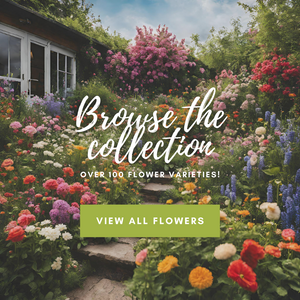
Small Spaces - A Blessing or a Curse?
Many people ask me about gardening in small city lots or town home lots. They always ask about compact varieties of this or that, which is good, but that’s just the beginning. Successful small-scale gardening relies on one thing – soil. It needs to be in good shape with regards to texture, drainage, fertility and organic matter. There also needs to be enough of it!
Many city gardeners (for lack of a better term) rely on container gardens. This might be due to rules within a community that do not allow for planting in common areas or because of poor or non-existent soil on small city properties. Containers can be very productive if done properly.
The first thing – get the biggest container you can. Forgot the little 6″ pot for this and another little 6″ pot for that. Plants grown in container situations benefit from the greatest soil mass possible. This helps to eliminate girdling roots and extremely dry soil which is common in small pots without an irrigation system.
Pots do not have to be fancy. Nurseries commonly have leftover tree pots they are going to trash. Many of these can be 2-3′ in diameter, and while they are just plain black pots – they are cheap and do the job! Other options include constructing containers with reclaimed materials, which can evolve into a beautiful piece of art in itself!
Did you know that one lettuce plant can send roots 15″ deep or more? Can you see why we are not successful when we put them in small pots?
Soil is the next issue. Potting mixes are great but many times are better if combined with local compost or topsoil. Potting mixes are typically promoted as weed free – do you know how it gets that way? Sterilization. When potting soil is sterilized any microbial action that was there, is not gone. These microbes are necessary for successful plantings. This is something that is beginning to be studied in greater depth, but researchers and farmers alike tend to agree – WE NEED MICROBES!
Next spring take baby steps with your veggies in containers. Start with a large container and make a great soil mix. You will be pleasantly surprised with the results. In seasons to come you can then experiment with adding soil minerals, mycorrhizae, varying types of composted materials and even biochar! I say in seasons to come because 1) you most likely are not a full-time farmer and time is of a premium (right?), 2) you don’t have a bottomless checking account to splurge on this project, and 3) gardening is a process that takes a lifetime to master. I am of the mindset that gardening should not be about instant gratification – it is a living process, some years it does well, some years it doesn’t. Don’t be discouraged and see what works best for you!




Leave a comment